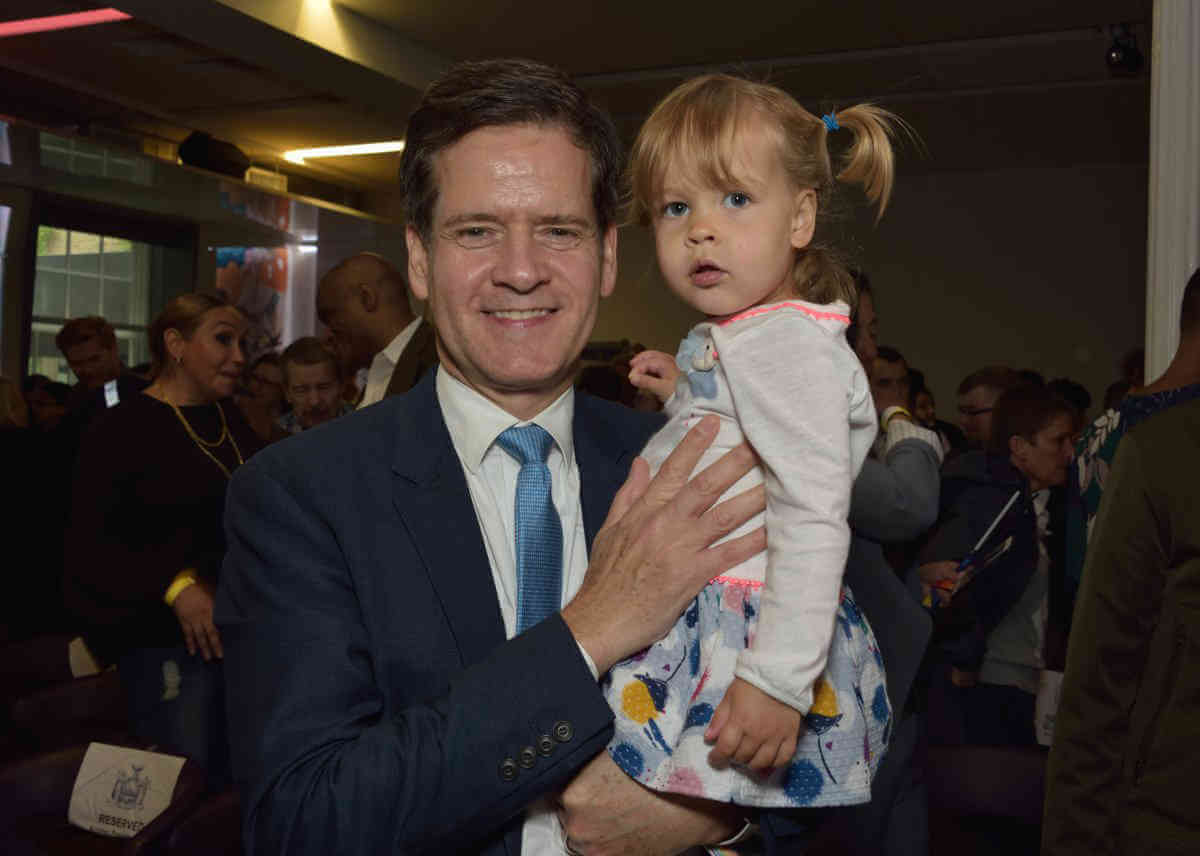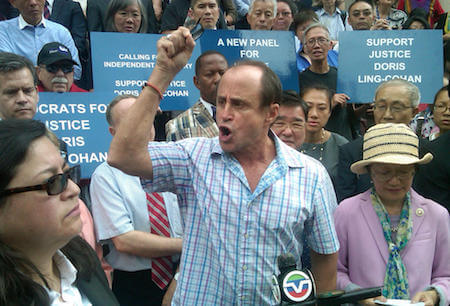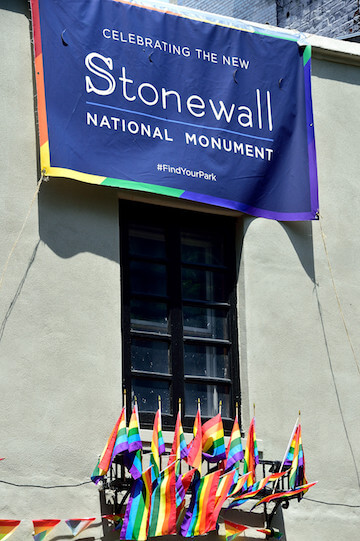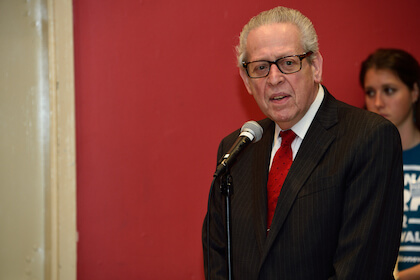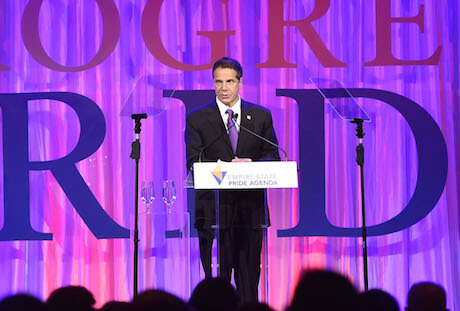A protracted battle over the future of compensated gestational surrogacy in New York was resolved on April 2 when state lawmakers approved a budget that included legislation proposed by out gay Manhattan State Senator Brad Hoylman and Westchester Assemblymember Amy Paulin that legalizes the practice once and for all.
Although New York was one of just a small handful of states that had yet to legalize the practice, which entails a surrogate carrying a baby who has no biological relation to her, the campaign to pass such legislation in the state was stymied last year by concerns that the surrogates who carry babies — as well as those women donating eggs — were not afforded sufficient protection and rights. The bill put forth by Paulin and Hoylman, who had his two daughters via surrogacy, cleared the upper chamber last year but never reached the Assembly floor following resistance from some women in the lower chamber, including out lesbian Assemblymember Deborah Glick, who told The New York Times that gestational surrogacy was “pregnancy for a fee, and I find that commodification of women troubling.”
Among other issues with last year’s bill, Glick and others expressed uneasiness about the reality that most working people could not afford to spend tens of thousands of dollars to have children through gestational surrogacy. The bill primarily benefits wealthier individuals in addition to those who are looking for financial compensation by donating eggs or carrying babies.
Hoylman, however, told Gay City News in February that he hopes the push towards universal healthcare means that such reforms could eventually alleviate some of the healthcare costs of surrogacy.
The dispute over the future of surrogacy in the state continued into this year when Manhattan State Senator Liz Krueger and Assemblymember Didi Barrett of Dutchess and Columbia Counties introduced a separate surrogacy bill that would have included, among other provisions, a controversial eight-day window during which the surrogate and intended parents would share legal responsibility for the child — raising questions about whether the surrogate might refuse to turn the child over or seek some ongoing legal relationship with them — something Hoylman described in a February interview with Gay City News as a “non-starter.”
The eight-day window was not included in the final version of Hoylman and Paulin’s bill, but some elements of Krueger’s legislation appear to have been incorporated, such as additional protections for the surrogate and the egg donor. Hoylman and Paulin had long defended their own bill as boasting the “strongest protections in the nation for surrogates” by placing significant responsibility on the intended parents to pay for her healthcare, legal representation, and other costs tied to the pregnancy. Additional protections for egg donors were also included in this year’s bill.
A key piece of the final legislation that passed on April 2, dubbed the Child-Parent Security Act, includes the right of intended parents to obtain an “order of parentage” from a court ahead of the birth, which establishes that the order goes into effect immediately when the baby is born.
And while Krueger and Barrett’s bill called for a one-year residency requirement for intended parents, the Child-Parent Security Act comes with a compromise: At least one of the intended parents must be a resident of the state for at least six months before the surrogacy agreement is completed.
A spokesperson for Krueger did not respond to multiple requests for comment about the bill on April 2.
Hoylman and Paulin — who said she experienced fertility issues of her own — celebrated the bill’s passage as the budget was approved. Paulin spoke of the “pain and suffering” tied to the obstacles that can arise when trying to have a child.
“This law will allow families to avoid much of that pain by giving them the opportunity to have a family in New York and not travel around the country, incurring exorbitant costs simply because they want to be parents,” Paulin said, adding that the legislation will “bring New York law in line with the needs of modern families.”
Hoylman said, “My husband and I had our two daughters through surrogacy — but we had to travel 3,000 miles away to California in order to do it. As a gay dad, I’m thrilled parents like us and people struggling with infertility will finally have the chance to create their own families through surrogacy here in New York.”
Governor Andrew Cuomo was a strong backer of the surrogacy legislation proposed by Hoylman and Paulin. He hosted multiple events aimed at rallying support for the bill last year and trotted out celebrities like Bravo’s Andy Cohen, who had a child through surrogacy, to promote the legislation.
The governor aggressively pushed the bill again this year, including it in his State of the State agenda for the year and unveiling a “Love Makes a Family” campaign featuring a petition, a council with two dozen members, and a campaign web page featuring video testimonials.

